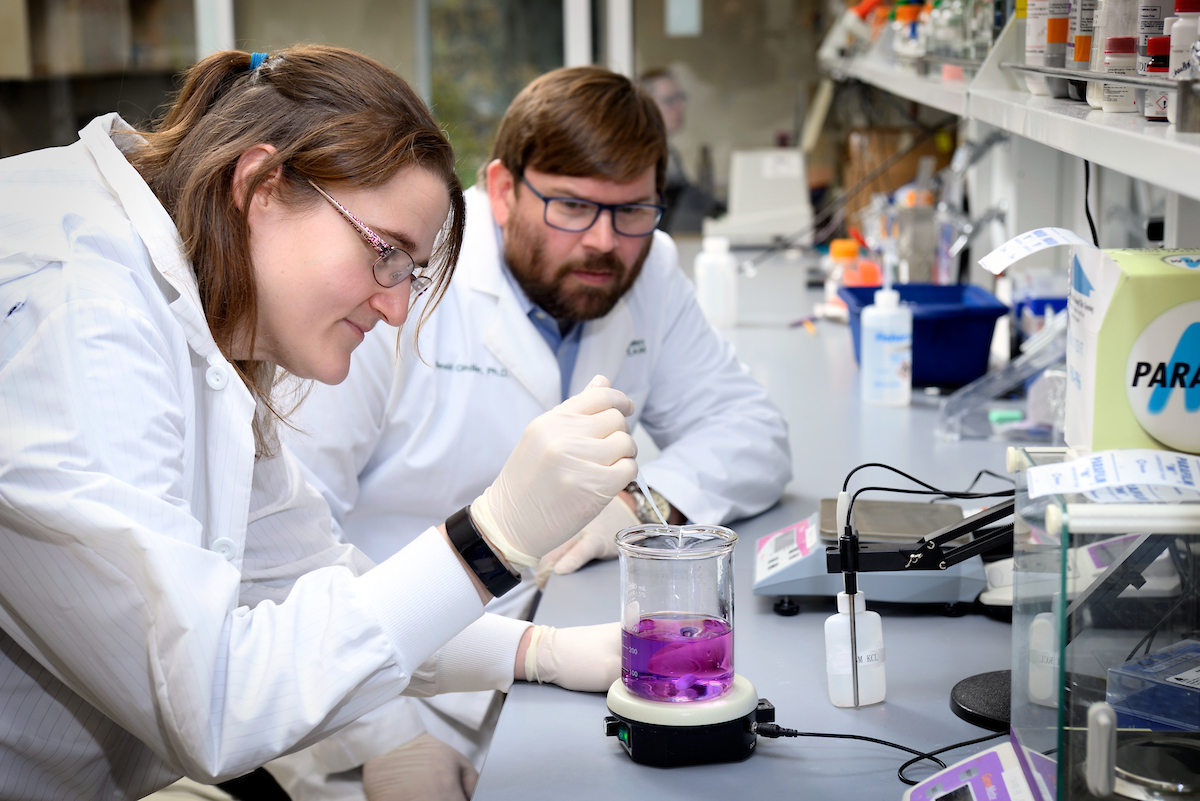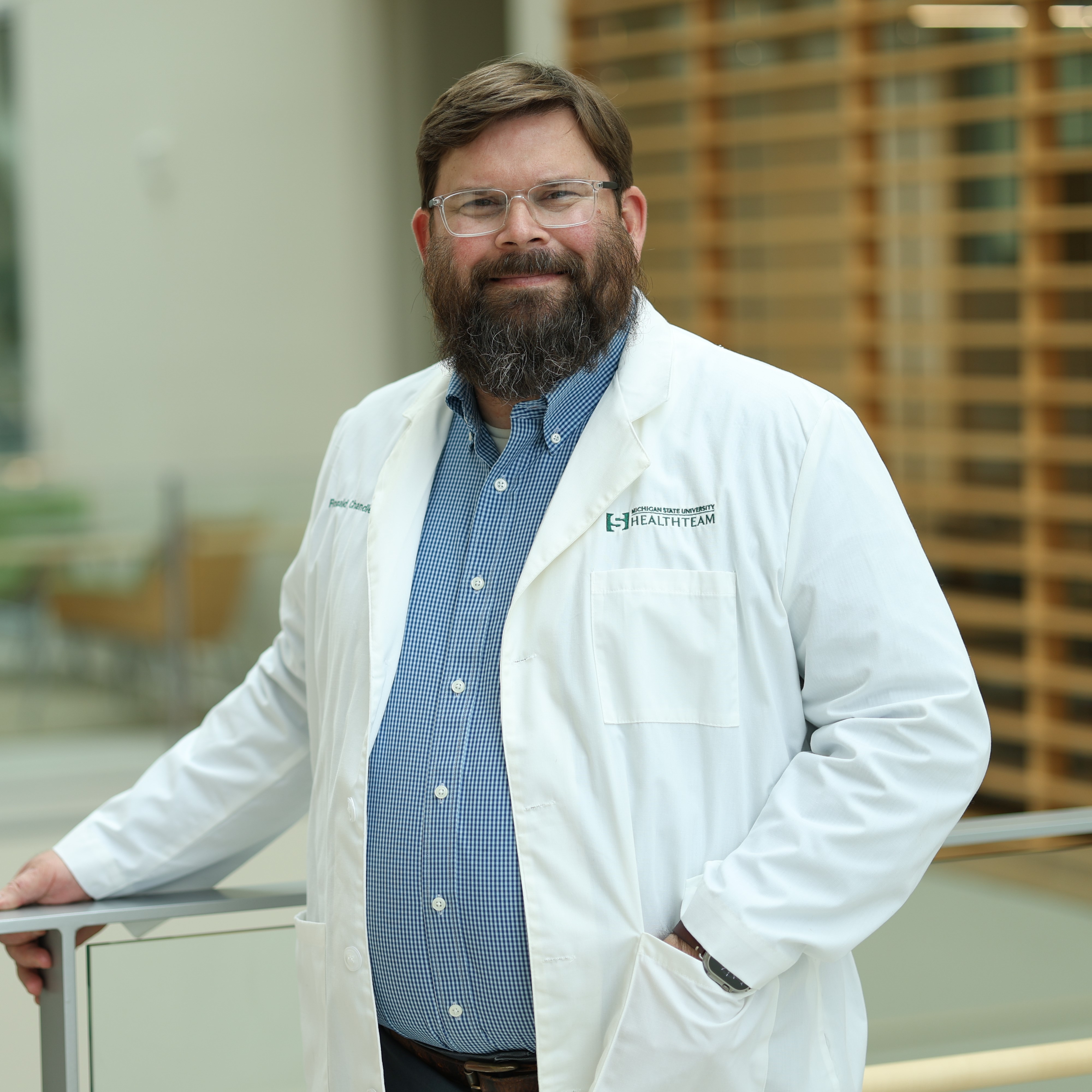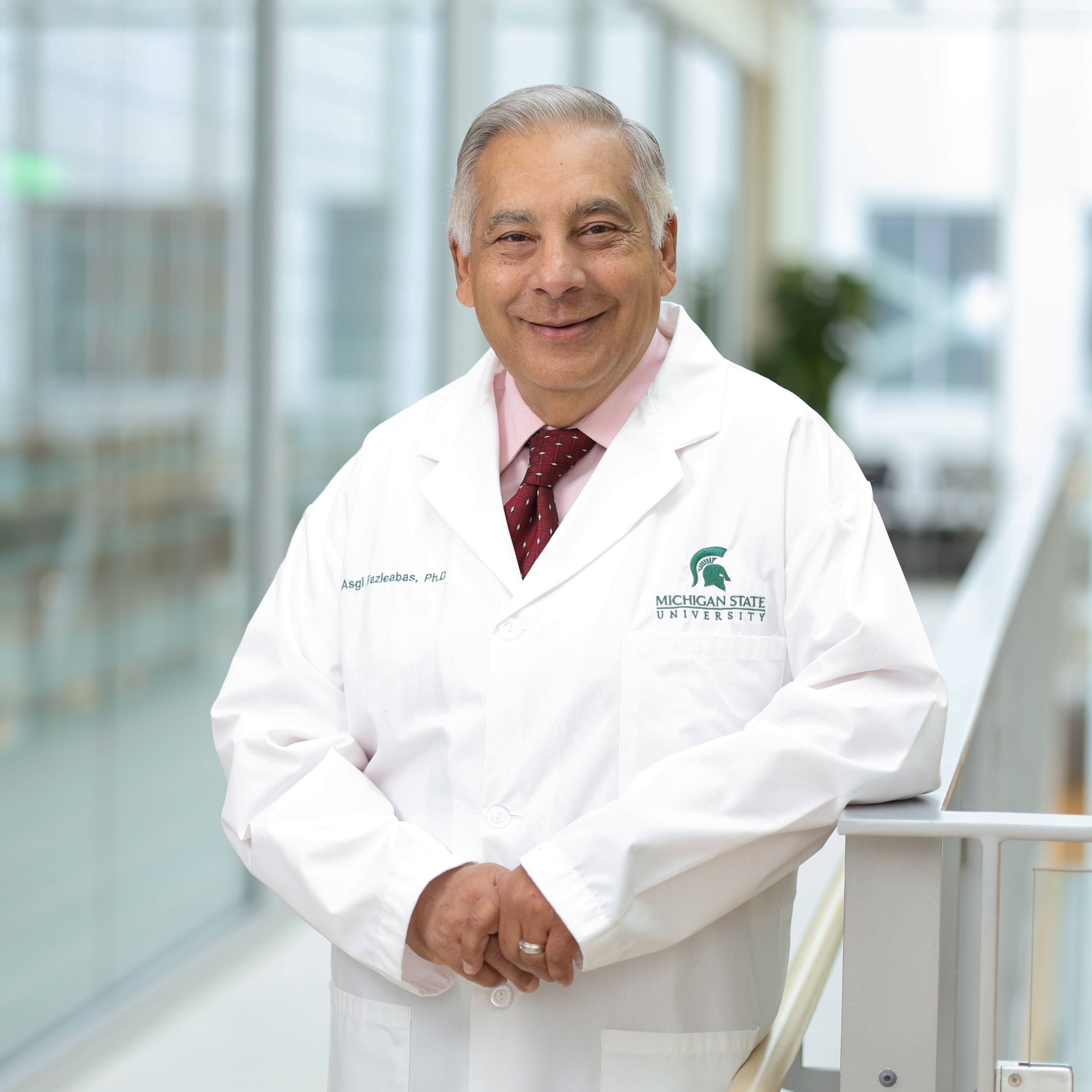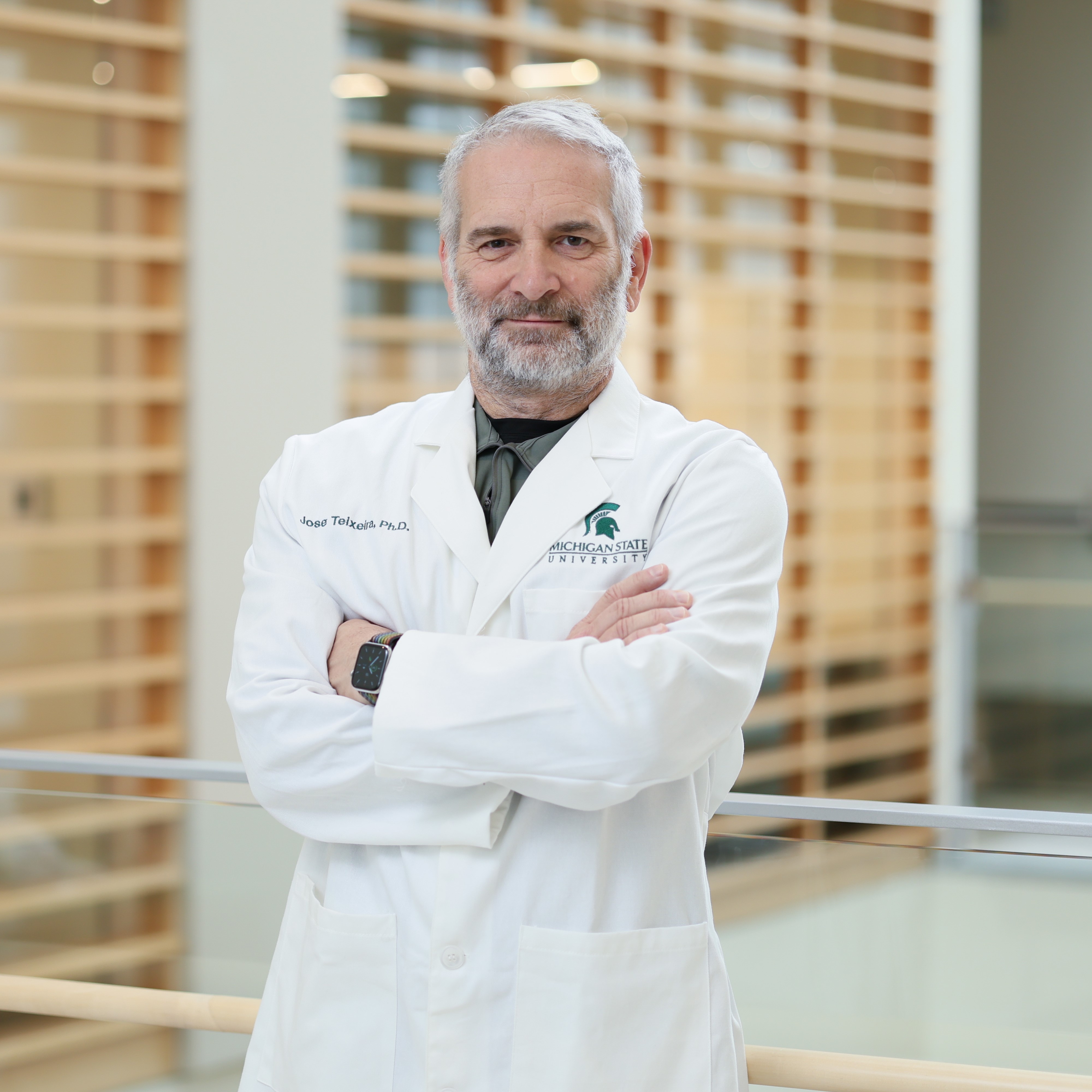Researchers in Obstetrics, Gynecology and Reproductive Biology

Department of Obstetrics, Gynecology and Reproductive Biology strives to be a leader in the clinical translation of cutting edge innovation and research to improve the health of the patients and communities that we serve. The department is focused on ensuring that their research is translated to the health care needs of women across their life spans and in diverse communities.
Visit the Department of Obstetrics, Gynecology and Reproductive Biology website
Researchers
-
Richard Leach, MD, Department Chair
Professor and Chair of Obstetrics, Gynecology and Reproductive Biology
Under Richard Leach’s guidance, the Department of Obstetrics, Gynecology and Reproductive Biology has become a leader in the clinical translation of research into improving women’s health. Since joining the department in 2007, Leach, whose own work centers on implantation early in pregnancy, has recruited top researchers, physicians, epidemiologists and others, all focused on overcoming the medical and social factors that threaten women’s health.
-
Ronald Chandler, PhD
 Associate Professor of Obstetrics, Gynecology and Reproductive Biology
Associate Professor of Obstetrics, Gynecology and Reproductive BiologyMuch of Ronald Chandler’s research is into a gene called ARID1A, which he calls “a bona fide tumor-suppressor.” When ARID1A mutates, cells lose structure, allowing some kinds of cancers to grow. ARID1A appears to play an important role in bladder, stomach, kidney and lung cancers, and is particularly significant in ovarian and endometrial cancers, the two types on which Chandler focuses his research..
-
Asgi Fazleabas, PhD
 University Distinguished Professor of Obstetrics, Gynecology and Reproductive Biology and Associate Chair of Research
University Distinguished Professor of Obstetrics, Gynecology and Reproductive Biology and Associate Chair of ResearchAs director of Women’s Health Research at the College of Human Medicine, Asgi Fazleabas studies endometriosis, focusing on how the painful disease affects the uterine environment and causes infertility. In recognition of his leadership, he has been named a fellow of the American Association for the Advancement of Science and has received the Research and Distinguished Service awards from the Society for the Study of Reproduction.
-
John Risinger, PhD
Professor of Obstetrics, Gynecology and Reproductive Biology
As director of Gynecologic Oncology Research, John Risinger leads a team studying the molecular and genetic traits that cause ovarian and endometrial cancers and make some forms resistant to treatment. With data from The Cancer Genome Atlas, he studies gene mutations and expressions in specific cases to identify those involved in endometrial and ovarian cancers, which could lead to improved prevention, detection and treatment.
-
Lee Anne Roman, PhD
 Professor of Obstetrics, Gynecology and Reproductive Biology
Professor of Obstetrics, Gynecology and Reproductive BiologyLee Anne Roman works with other researchers and medical providers – including health economists, bio-statisticians, nurses, physicians and epidemiologists – to improve health services for women and children. That includes studies aimed at reducing socio-economic and ethnic health disparities, particularly among African-American women and their babies, who have twice the rate of adverse birth outcomes, including infant mortality.
-
Jose Teixeira, PhD
 Professor of Obstetrics, Gynecology and Reproductive Biology
Professor of Obstetrics, Gynecology and Reproductive BiologyAs a developmental biologist, Jose Teixeira has spent years studying the genetics of fibroid tumors, which produce extreme discomfort for many women and are a leading cause of infertility and hysterectomies. He also studies endometrial and ovarian cancers with a goal of developing better treatments tailored to each patient and each tumor by identifying the genetic pathways that are disrupted during the progression of those diseases.

